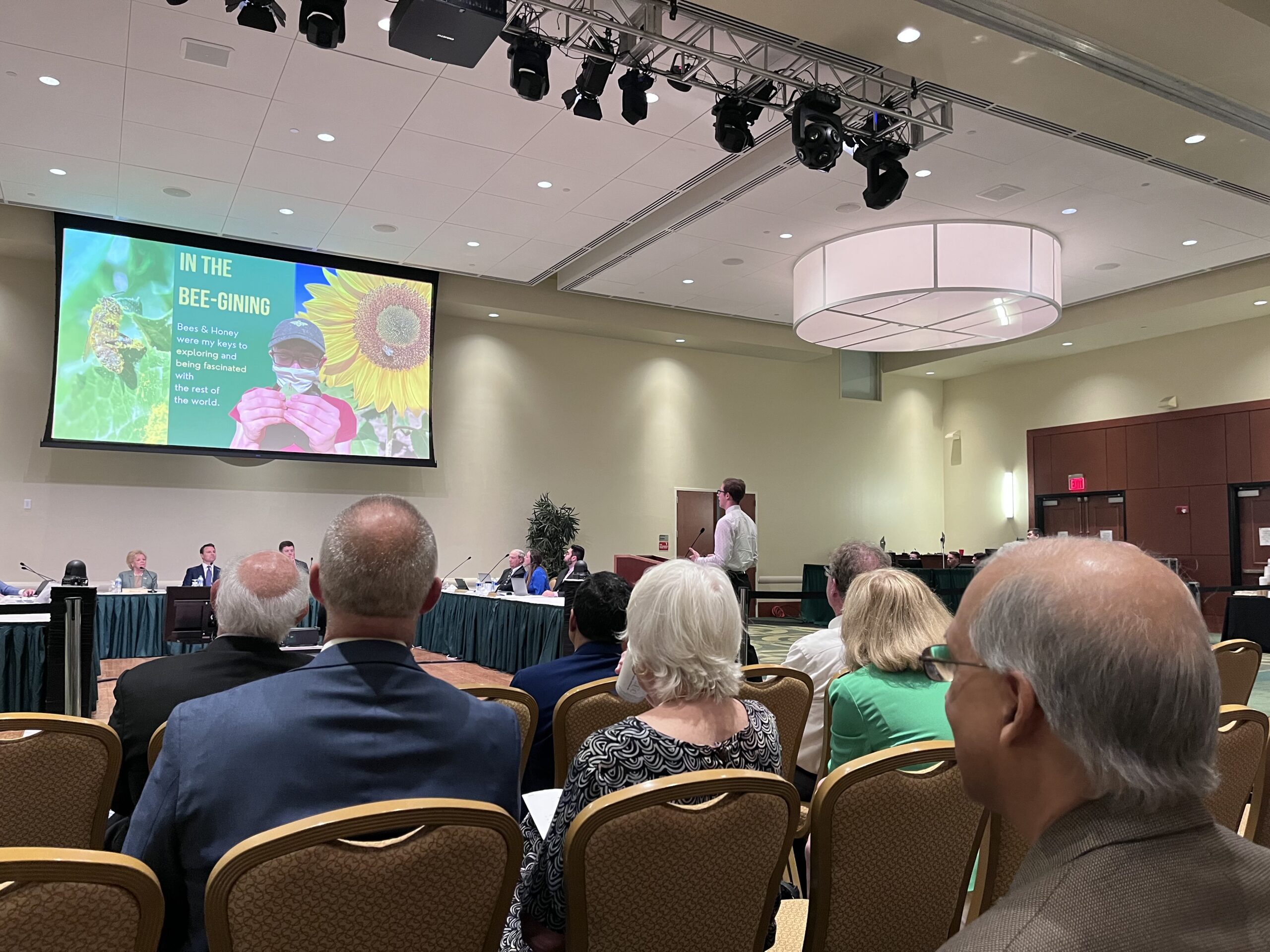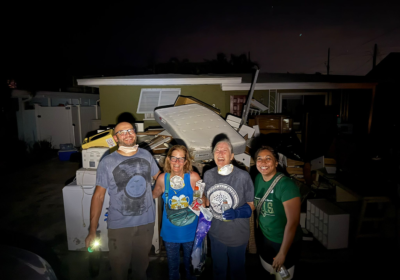BOT approves certification of USF Athletic Association

A newly approved USF Athletic Association (USFAA) will support operations for the upcoming on-campus stadium.
The Board of Trustees certified the USFAA as a direct support organization at its Tuesday meeting. A DSO is a separate non-profit organization from the university which has the authority to make expenditures for the benefit of the USF.
USF currently has eight DSOs in the areas of philanthropy, research, financing and the delivery of clinical and educational services. These entities are meant to perform duties the university is unable to perform or cannot perform efficiently.
All DSOs are authorized by Florida Statutes to manage property and facilities for the benefit of the university. The BOT will maintain oversight over the new organization after its certification.
The new defined roles of the USFAA include the ability to enter into agreements to operate and support intercollegiate facilities and initiatives as well as being able to receive services from individuals to “serve the needs and purposes” of USF.
Senior vice president of Legal Affairs and General Counsel Gerard Solis said part of the reasoning to certify a new DSO is the positive history the university has with Sun Dome Inc., which manages the Yuengling Center, and the need for a new DSO to manage the on-campus stadium. He said the USFAA would be a flexible and agile structure to support event contracts, engagement, staffing and athletics initiatives.
Now that the BOT has approved its certification, the duties and scope of the USFAA will be defined, organizing and tax exempt status documents will be filed and directors will be appointed by the BOT.
On-campus stadium funding approved
As they approved the issuance of a $200 million debt to finance the on-campus stadium, the board took its next steps toward the construction of the stadium.
With an overall cost of $340 million, the Bulls will pay off the 20-year loan with an annual debt service estimated to be $17.8 million. They expect to cover these payments through non-stadium and stadium operating revenues such as ticket sales, concessions, merchandise, advertising revenue and event parking. The remaining cost will be financed directly by the university.
Despite hesitations on the debt’s impact on academics from Trustee Jenifer Jasinki Schneider, the board’s approval means the proposal will go forward to the Board of Governors (BOG) in a two-day meeting from Aug. 29-30.
Collective bargaining agreement amended
The board also approved a new collective bargaining agreement (CBA) with the Service Employees International Union (SEIU) – Florida’s public service employee union composed of over 80,000 professionals. This new CBA will extend the agreement until Sept. 20, 2025 as the current three-year one expires this June 30.
Under the amended CBA, the only other change is a 5% increase to the required minimum salaries per credit hours for adjuncts in the colleges. This new provision will be effective starting fall 2023. The fall semester in 2024 will see another 3.5% increase to the required minimums.
Estimated financial impact to USF under the revised CBA is expected to be around $23,500 per semester beginning fall 2023 and an additional $20,000 per semester in fall 2024, according to the agenda.
Operating budget for 2023-24 fiscal year approved
The university’s operating budget for the fiscal year 2023-24 was also presented and approved by the BOT ahead of its submission to the BOG.
Impacts for the 2024 fiscal year budget includes:
- State appropriations from the legislative session, including $63.3 million in recurring resources, $20.8 million in non-recurring resources and $47.3 million for new equipment and facilities construction.
- $14.2 million in state performance-based funding
- Enrollment and tuition collections
- Bargained wage increases, internal equity and state-mandated benefit improvements
- Balanced Education and General budget
- Cost efficiencies and effectiveness opportunities remain
USF also saw an estimated $8 million drop in student tuition between the fiscal year 2023 plan – at $290,899 – and the fiscal year 2024 continuation – at $283,000. This drop can be attributed to “going from budget authority at the state level provided to actual collections,” according to Assistant Vice President of Resource Management and Analysis Masha Galchenko.
Major source differences between the 2023 and 2024 fiscal years are a 15.5% increase in state appropriations – including $44 million in operation support, $33.3 million in preeminence and $14.2 million in performance based funding and a decrease in contracts and grants because all remaining federal COVID-19 funding have been expended.
Auxiliary revenues – meaning revenues generated by services that differ from an institution’s main services or products – are also expected to increase as the university returns to normal operations post COVID-19.
Weatherford, Griffin re-elected as chair and vice chair
The BOT also voted to reelect sitting Chair William Weatherford and Vice Chair Michael Griffin for the July 1, 2023 to June 30, 2025 term.
Both the chair and vice chair serve two-year terms which are to begin the July 1 after the election and end two years later on June 30, according to the USF BOT Operating Procedures.
Weatherford, the managing partner of the private investment firm Weatherford Capital, was first appointed to serve a five-year term on the BOT by Gov. Ron DeSantis in January 2021 and was elected as chair in June of the same year, according to Newsroom. His term is expected to end in 2026.
Serving alongside Weatherford, Griffin has served as vice chair since June 2021 but has been on the board since 2019. He works as executive managing director and market leader for Savills – a real estate brokerage.






